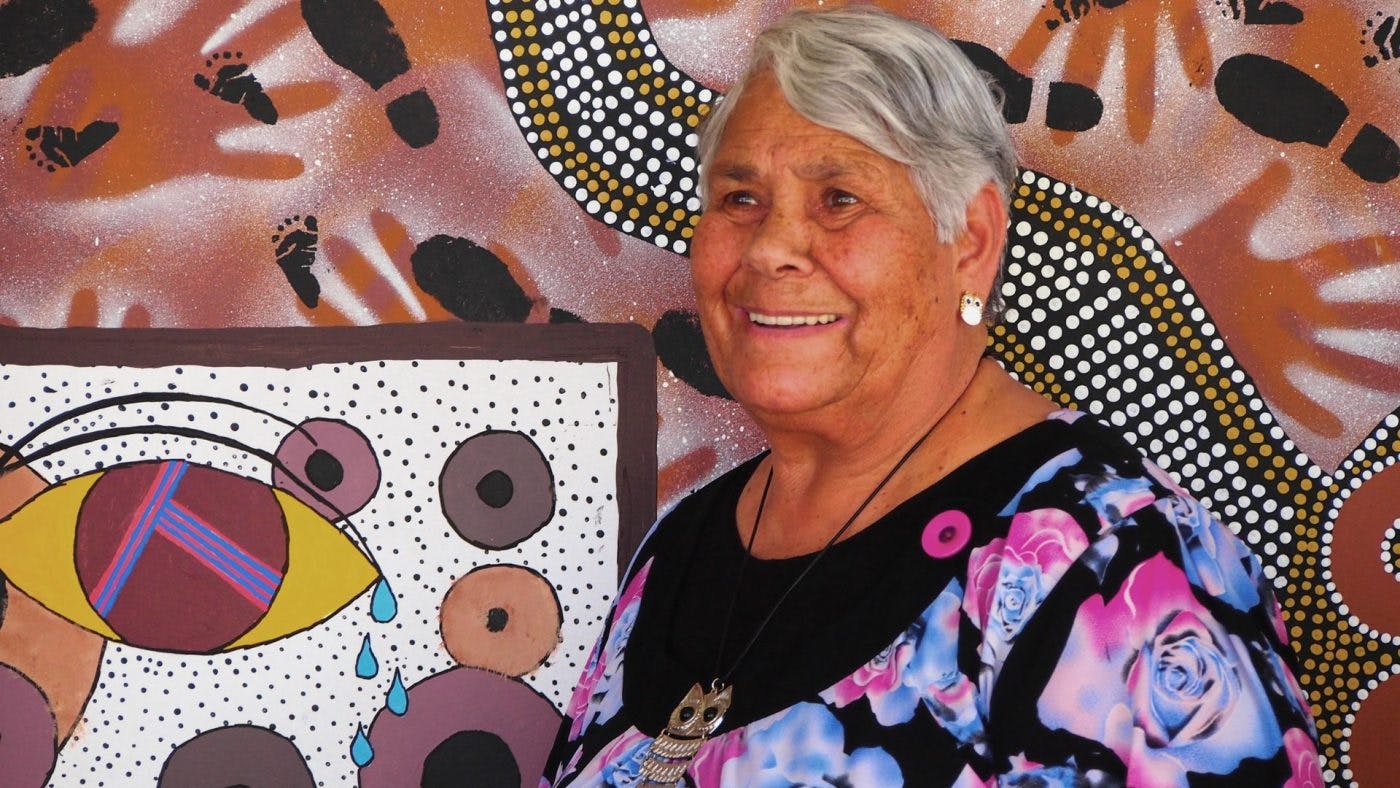The Australian National University (ANU) recognises the remarkable life of Dr Lowitja O’Donoghue and the substantial contribution she made to advance the rights and interests of First Nations people.
As has been said by the Prime Minister, First Nations leaders and many others, Australia is a more inclusive and better country because of Dr O’Donoghue’s tireless and dedicated work over many decades.
In recognition of her service and exceptional contribution to First Nations people and to the Australian nation as a whole, ANU awarded her an honorary Doctorate of Law in 1995.

As the Chairperson of the Aboriginal and Torres Strait Islander Commission (ATSIC), Dr O’Donoghue led the negotiations on behalf First Nations people with the Australian Government in 1993 that produced the Native Title Act and gave Australia a national legislative and institutional framework to respond to the High Court’s 1992 recognition of the inherent rights of First Nations people in Australian law.
The Native Title Act heralded a seminal and far-reaching change to the relationship between First Nations peoples and Australian governments. It enabled First Nations people, many for the first time, to negotiate land use agreements with governments and proponents on critical issues such as cultural heritage protection and social and economic benefits.
Dr O’Donoghue will always be remembered for her dignified and powerful leadership that resulted in the Native Title Act. Those negotiations epitomised her commitment to achieve justice for First Nations people through the agency of a representative voice.
In the 1970s she became a prominent spokesperson in Australia’s first Indigenous people’s representative body, the National Aboriginal Consultative Committee that later became the National Aboriginal Conference. She was the leading First Nations advocate to establish the statutory representative body ATSIC which she led with great courage and wisdom from 1990 to 1996.
Her leadership during that period was characterised by achievement and a sense of hope for the future; there was agreement for the first time to national shared responsibility among all Australian governments to improve the lives of First Nations people, a national comprehensive response to the Royal Commission into Aboriginal Deaths in Custody, improved living conditions in remote communities and progress on a reconciled Australian nation.
Senior First Nations leaders at ANU have reflected on the long-lasting legacy of Dr O’Donoghue.
Aunty Anne Martin, Director of the ANU Tjabal Indigenous Higher Education Centre and Professor in the Practice of Indigenous Advancement, said: “Dr Lowitja O’Donoghue’s footprints leave an indelible mark on our history and in our hearts. Where she led, we followed; ‘Because of her we can’.”
Professor Peter Yu, Vice President of the ANU First Nations Portfolio, said: “Dr O’Donoghue transcended a life of adversity to embody qualities of maternal and nurturing love that she was sadly deprived of growing up in an orphanage as part of the Stolen Generation.
“She loved her people and grew to become an inspirational leader who had the capacity to rally us all from across the country to speak with unity and purpose. Her leadership achieved significant outcomes that we continue to defend and build on to fight for a better future.”
As she would often stress to colleagues, she was never satisfied with her achievements as there was always so much more work to be done.



